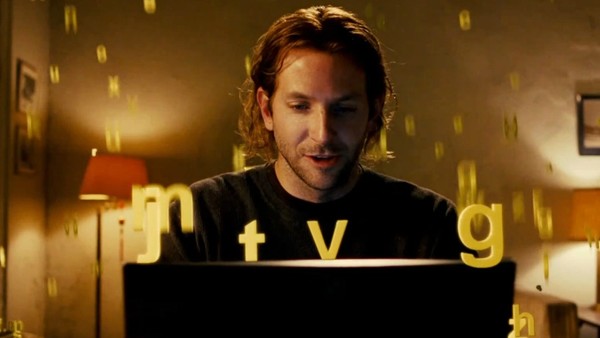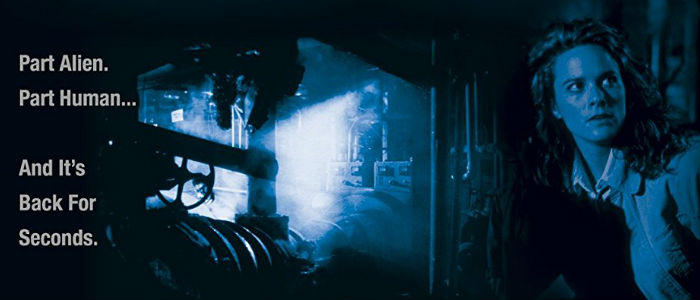

Other than some episodes of Babylon 5 and Deep Space Nine, it’s hard to find live-action sci-fi before Starship Troopers that meaningfully critiqued space militaries. Andor questions the motivations of both the Empire and the Rebel Alliance, and unpacks the moral failings of the people we thought were the “good guys.” Star Trek: Strange New Worlds frequently unpacks the ethics of Starfleet, while For All Mankind imagines an alternate timeline where a more robust space program is driven by a larger military build-up, including an arms race on the moon and Mars. Today, we take for granted how self-critical the action sci-fi genre can be. Sunset Boulevard/Corbis Historical/Getty Images Paul Verhoeven on the set of Starship Troopers. Starship Troopers is basically what would happen if Luke had joined the Empire, and had a grand old time advancing Imperial hegemony.
#THE HIDDEN MOVIE SCI FI HOW TO#
In A New Hope, Luke dreams of “going to the academy.” He only remains an ethical person on accident, because he never has the chance to learn how to fly TIEs for the Empire. Heinlein is perhaps irrelevant, but Starship Troopers broadly changed how people thought about sci-fi action movies.

What this did for people analyzing the literature of Robert A. The movie acted out the literal text of Starship Troopers, but with a critical subtext. There were exceptions, but the neo-fascist ideas in Starship Troopers may not have been too far from his real beliefs, and the book version of Starship Troopers is basically the sci-fi fascist bible. If you look at Heinlein’s entire oeuvre, you’d probably come away with the idea that he was either a social conservative or a radical libertarian. This makes the movie version of Starship Troopers superficially similar to the 1959 Robert A. As the film opens, Rasczak (Michael Ironside) lectures his students about the failures of pure democracy, championing the status quo of this future world.Īt no point in Starship Troopers do characters question this status quo, and the plot isn’t focused on these details. Because the film casually asserts the idea that only those who serve in the futuristic military are “real” citizens, it presents the ease at which fascist ideas could take over a mainstream democracy. In theory, we’re supposed to root for Johnny Rico (Casper Van Dien) and the rest of the mobile infantry as they fight the good fight.īut the brilliance of director Paul Verhoeven was that Starship Troopers was intended as a camp satire against mindless military recruitment. Long before brilliant sci-fi shows like Andorand For All Mankindbegan deconstructing military science fiction, 1997’s Starship Troopersblazed a trail for them.įocusing on the exploits of sci-fi soldiers battling insectoid aliens from the planet Klendathu, Starship Troopers was an easy movie for the mainstream American public to misunderstand. Le Guin pointed out in 1978, sometimes troubling.

While we all cheered when Luke Skywalker blew up the Empire’s superweapon and the hundreds of thousands of people on it, the militarism inherent in the genre is, as Ursula K.

Sci-fi action movies are not created equal.


 0 kommentar(er)
0 kommentar(er)
